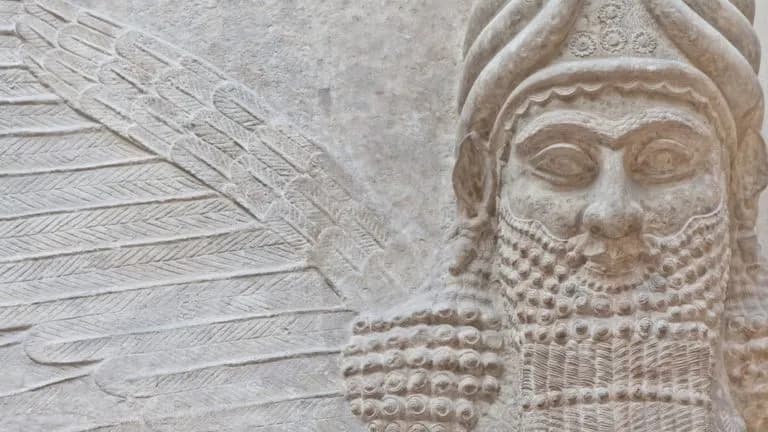So, the ages in Genesis. There’s a lot of debate on how they should be understood. Are the ages literal? Did the patriarch Methusaleh actually live to be 969 years old? One angle of this discussion that is often ignored is how the ANE context of Genesis affects the genealogies.
John Walton calls attention to an old Sumerian king list, which gives the length of the reigns of the first eight (Probably mythical) kings of Sumer. If you think the ages assigned to the patriarchs in Genesis are extravagant, wait until you see these numbers:
Alulim — Reigned for 28,800 years
Alalgar — Reigned for 36,000 years
Enmenluanna — Reigned for 43,200 years
Enmengalanna — Reigned for 28,800 years
Dumuzi — Reigned for 36,000 years
Ensipazianna — Reigned for 28,800 years
Enmeduranna — Reigned for 21,000 years
Uburtutu — Reigned for 18,600 years
Did the ancient Sumerians actually think their kings reigned for this long? It’s possible, but it’s more likely these numbers were understood as symbolic and theological rather than literal. Genealogical numbers were used symbolically this way all the time in the ancient world. Matthew does the same thing with his genealogy, switching around the generations to get a certain number so as to connect Jesus to the Davidic line and make a point about his Messianic status.
Cultural context considered, it’s most likely the numbers assigned to the patriarchs in Genesis weren’t literal, either. There are plenty of examples of where the ages are clearly symbolic. For instance, Joshua and Joseph were both said to have died at the age of 110 - a number that is represented in Egyptian texts (For instance, the Instruction of Ptahhotep) as being an ideal age that represents divine favor and prosperity. Should it really be taken as coincidence that the two patriarchs who had the heaviest correlation to Egypt died at the ideal age in Egyptian culture?
Perhaps the most telling hint the genealogies aren’t literal is when Abraham laughs at the idea of a man having a child past the age of 100 in Genesis 17:17. Taken at face value, the Genesis genealogies would suggest this was a perfectly normal thing - in fact, Abraham’s own father Terah would have given birth to him at the age of 130.
Based on this, numerous ANE scholars argue the genealogies ought not be taken literally.
“The long lifespans of the patriarchs in Genesis can be understood as reflecting a literary and theological motif rather than a literal historical reality. They serve to emphasize the extraordinary nature of these figures and their closeness to the divine.”
John Walton, The Lost World of Genesis One p.76
“The ages of the patriarchs in Genesis are best understood as symbolic. They convey theological truths about the nature of humanity and the relationship between God and creation rather than providing a precise chronological record.”
Bruce Waltke, Genesis: A commentary p.58
“The biblical chronologies of the patriarchal age are not intended to be accurate historical records in our sense of the term. The numbers used are an expression of the biblical interpretation of history as the unfolding of the divine plan on the human scene.”
Nahum Sarna, Understanding Genesis 84
This is especially significant because a literal reading of the genealogies forms the basis for young earth creationist estimates of the age of the earth. The 6000 year estimate was first popularized by James Ussher, although evidence of similar estimates can be seen as early as the fourth century (See Julius Africanus). In either case, it’s based on a literalistic reading of the genealogies. If the genealogies aren’t literal, young earth creationism has no leg to stand on.

